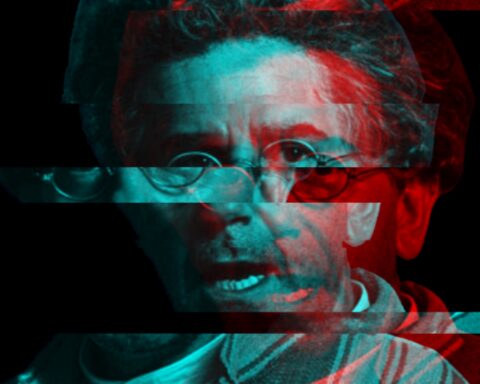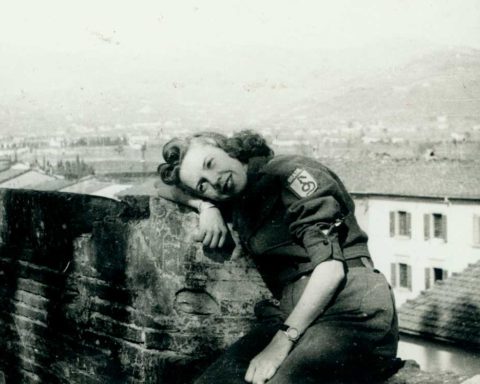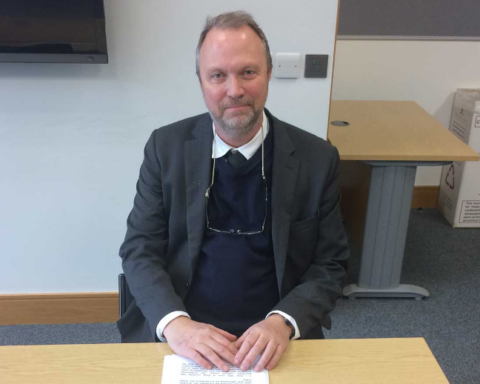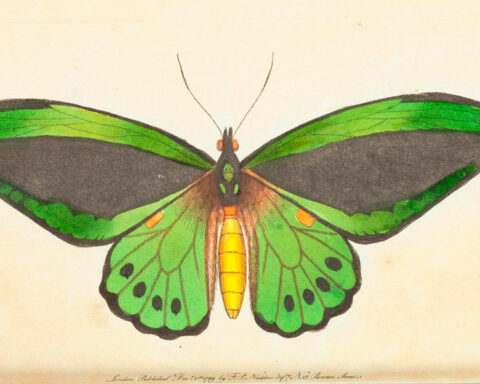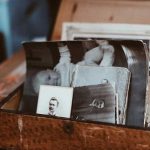“The first thing we have to understand about this year’s crises in the Amazon is that there are no spontaneous burnings in the Amazon”.
Bruno Leal Pastor de Carvalho | Café História
Georgetown Environmental History recently sat down with renowned Brazilian environmental history professor José Augusto Pádua in Rio de Janeiro to have a conversation about fires and deforestation in the Brazilian Amazon. The historian was asked about the relationship between fires and deforestation, the history of deforestation in the Brazilian.
Padua begins his conversation refusing the Brazilian government’s thesis that forest fires would be spontaneous: “The first thing we have to understand about this year’s crises in the Amazon is that there are no spontaneous burnings in the Amazon. The Amazon forest is normally very wet.” According to the historian, the only possibility of a fire in the forest is caused by humans.
Check out the video:
A Global Issue
Deforestation of Amazon rainforest regions in Brazil has become a global issue for the Bolsonaro government in recent months. “The country has now experienced the two worst months recorded by the Deter-B satellite system, which was put in place in 2015 to provide short-term alerts to forest rangers”, said The Guardian.
Bolsonaro, however, said dry weather and high winds were responsible for “spontaneous” wildfires. He also said that burning to clear land is part of Indigenous and local culture. “Unfortunately, some people, inside and outside Brazil, backed by NGOs, insist on treating and trying to maintain our Indigenous people like true cavemen.”, said the far-right congressman, Jair Bolsonaro, who became Brazil’s president-elect in January.
The deforestation of the Amazon has been mobilized governments from different countries, non-governmental organizations, the United Nations and researchers from different fields of knowledge, from biology to geography. Historians of the so-called “Environmental History”, such as Padua, has been contributing decisively to the debate.
José Augusto Pádua
José Augusto Pádua is a professor of environmental history at the Federal University of Rio de Janeiro’s Institute of History, where he is a co-coordinator of the Laboratório de História e Natureza (Environment and History Research Seminar). He a specialist in the history of the Brazilian Amazon and has been studying the forest and doing fieldwork there since the 1970s. He is the author of numerous books and chapters about Brazilian environmental history, including “Brazil in the History of the Anthropocene” in Liz-Rejane Issberner and Philippe Léna (eds.) Brazil in the Anthropocene (London: Routledge, 2017), 19-40, “Civil Society and Environmentalism in Brazil: The Twentieth Century’s Great Acceleration” in Lise Sedrez and S. Ravi Rajan (eds.) The Great Convergence: Environmental Histories of the BRICS (New Delhi: Oxford University Press, 2018), 113-134, and “The Dilemma of the ‘Splendid Cradle’: Nature and Territory in the Construction of Brazil” in José Augusto Pádua, John Soluri, and Claudia Leal (eds.) A Living Past: Environmental Histories of Modern Latin America (New York: Berghahn, 2018), 91-114.
How to cite this article
CARVALHO, Bruno Leal Pastor de. Deforestation in the Brazilian Amazon from a Historian’s Perspective. In: Cafe Historia – History made with clicks. Available at: https://www.cafehistoria.com.br/deforestation-in-the-brazilian-amazon/. Posted on Oct 10 2019.

